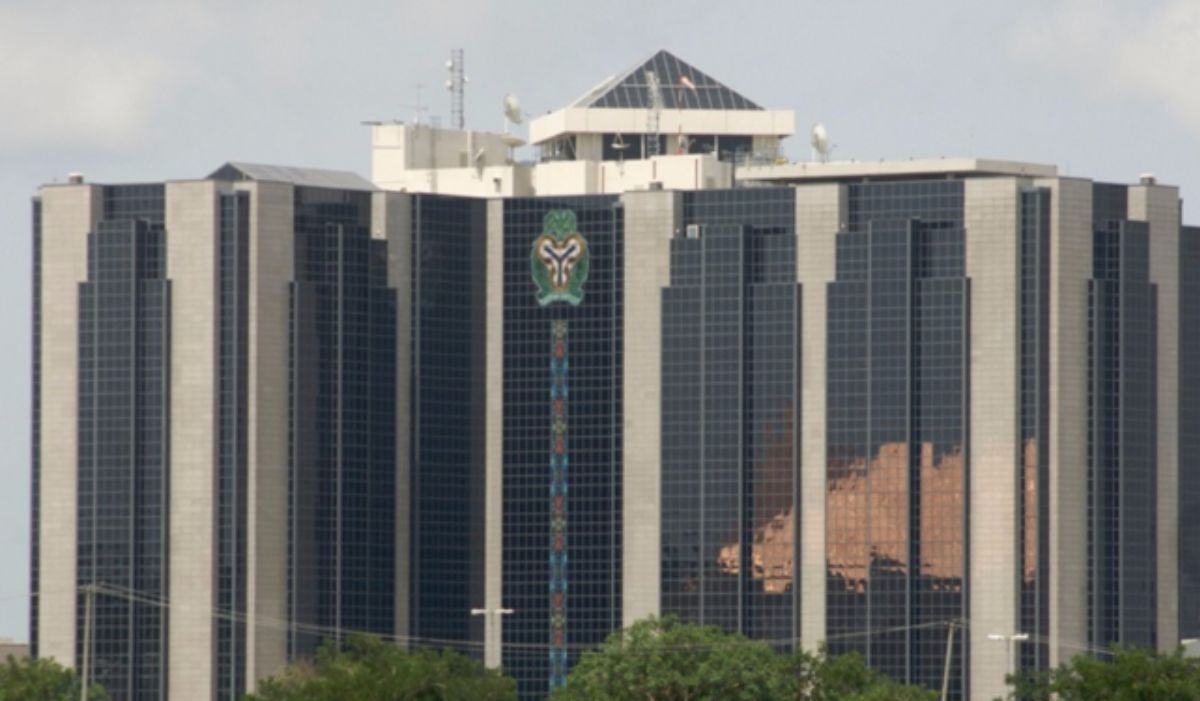Nigerian Treasury Bills Down By 21%

Nigerian Treasury bills experienced a 21% downward trend following a bullish trading experience in the secondary market, which was caused by under-allotment at the main auction in the past week.
According to traders, local investors took advantage of treasury bills left off by foreign portfolio investors (FPIs) and consequently withheld naira assets because of the global investment speculation.
Investors increased their thirst for treasury papers, the under-allotted bills which were offered for sale in the past week.
As a result of this, offshore investors who were ready to put their assets for sale, which eventually manifested, contributed to managing profits in the secondary market.
According to traders, due to investor speculation, experienced profits increased by 36 basis points, while at the mid-end long-term profit, there was a decline by 29 bps and 22 bps, respectively.
The country’s financial regulator, the Central Bank of Nigeria (CBN) experienced less amount of sales of treasury bills it offered investors at the primary auction last Wednesday before the release of the consumer price index data.
Traders witnessed investors returning to the secondary markets with the aim of balancing their investment, thereby raising the demand for the naira.
Traders experienced mixed sentiments among investors, which resulted in early bearish sales by foreign portfolio investors releasing their long-dated papers, particularly the February and March 2026 maturities.
According to fixed income market experts, the average mid-rate was higher as a result of the volume of sales witnessed. Trading activity slowed in anticipation of the treasury bill auction with less interest on sale from investors.
About N1.126 trillion in subscription against a pegged N800 billion offer was realised, but only N424.58 billion was eventually allotted to investors, seeing a 47% under-allotment.
Data showed that stop rates rose 50 bps for 91-day bills to 18.50% and 100 bps for 182-day bills, which settled at 19.50%, respectively, while the 364-day bill held steady at 19.63%.
Amid post-sale demand on the newly issued 1-year paper, which will be due on 09-April-2026, traders experienced a scarcity in offers as investors opted for the closest maturity – 26-March-2026.
In all, according to fixed income market analysts at CardinalStone Partners Limited, the average yield on Nigerian Treasury bills dropped by 6 bps to settle at 21.05%.





